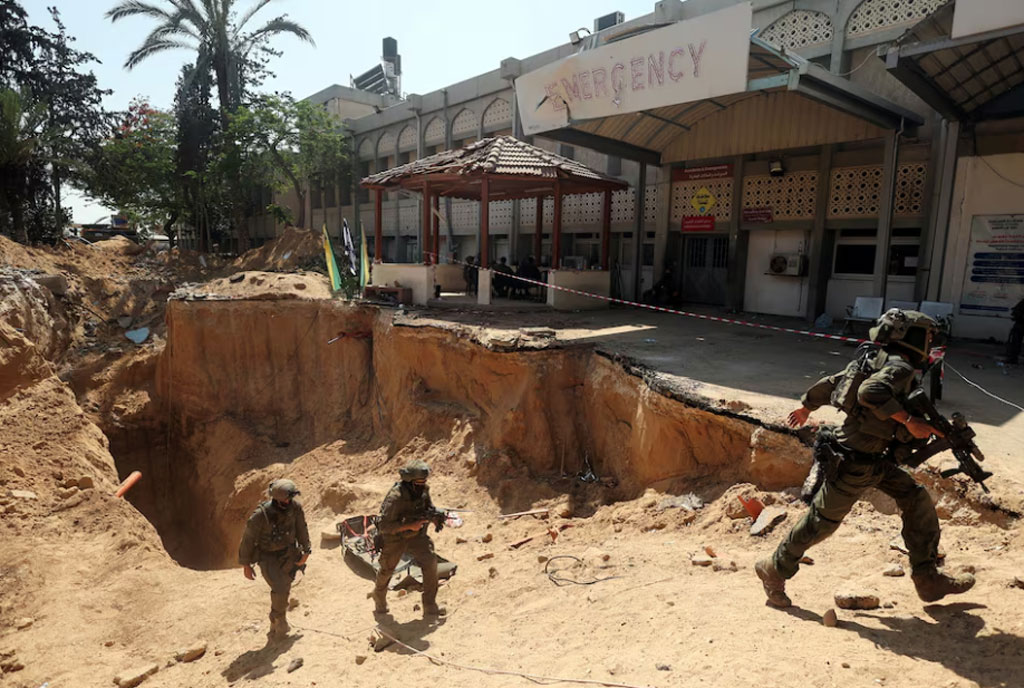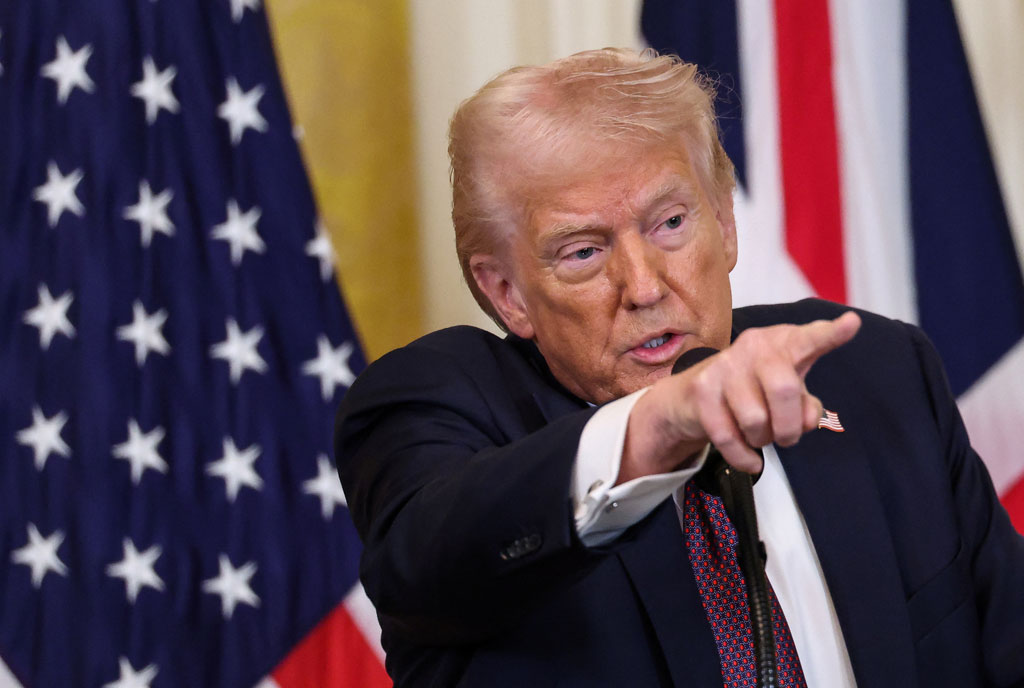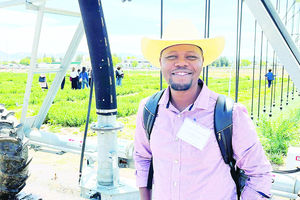Investment: Experts call for policy predictability

EAC secretary general Liberat Mfumukeko
Arusha. Unpredictable investment regimes are to blame for falling foreign direct investments (FDIs) to East Africa, according to experts.
They said investment inflows have also been negatively affected by persistent trade barriers and availability of affordable finance.
This emerged after a report tabled here last week indicated that FDIs to the six-nation East African Community (EAC) fell by 14 per cent last year from $6.6 billion in 2017.
“Guaranteed return of investments, market size and profitability are among the critical requirements of FDIs,” said Mr Simon Mapolu, the director of Arusha-based ADM Consultants.
He added that political turmoil in some EAC states may have scared away some investors from the region.
Mr Peter Mathuki, the executive director of the East African Business Council (EABC), challenged governments in the region to ensure that regulations don’t become a barrier to investment.
The report by the United Nations Conference on Trade and Development (Unctad) said the fall in FDIs to the region has made the bloc less competitive for investments from abroad.
It was tabled at a regional seminar on facilitating investment within the framework of the UN Sustainable Development Goals projects.
The report noted that FDI inflows decreased by 25.3 per cent to $6.6 billion in 2017 from $8.8 billion in 2016.
Last year, while FDI inflows to Africa registered a modest six per cent increase, mostly to North and Southern Africa, in East Africa it fell by 14 per cent.
Unctad also disclosed that global FDI inflows fell by 19 per cent in 2018 to an estimated $1.2 trillion from $ 1.47 trillion in 2017.
The UN agency says last year’s fall was the third consecutive drop bringing FDI flows “back to the low point” after the global financial crisis.
EAC secretary general Liberat Mfumukeko said in order to reverse the trend, the bloc has to harmonise its investment laws, policies and regulations.
This, according to him, would make the investment regimes in the region “predictable and facilitative” to cross border investments.
Other challenges impacting negatively on the FDI inflows, he added, included shortfalls in quality infrastructure and the high cost and reliability of utilities.
He called on the investment promotion agencies in EA to take the lead and advocate for a better and conducive climate for investment to thrive in the region.




